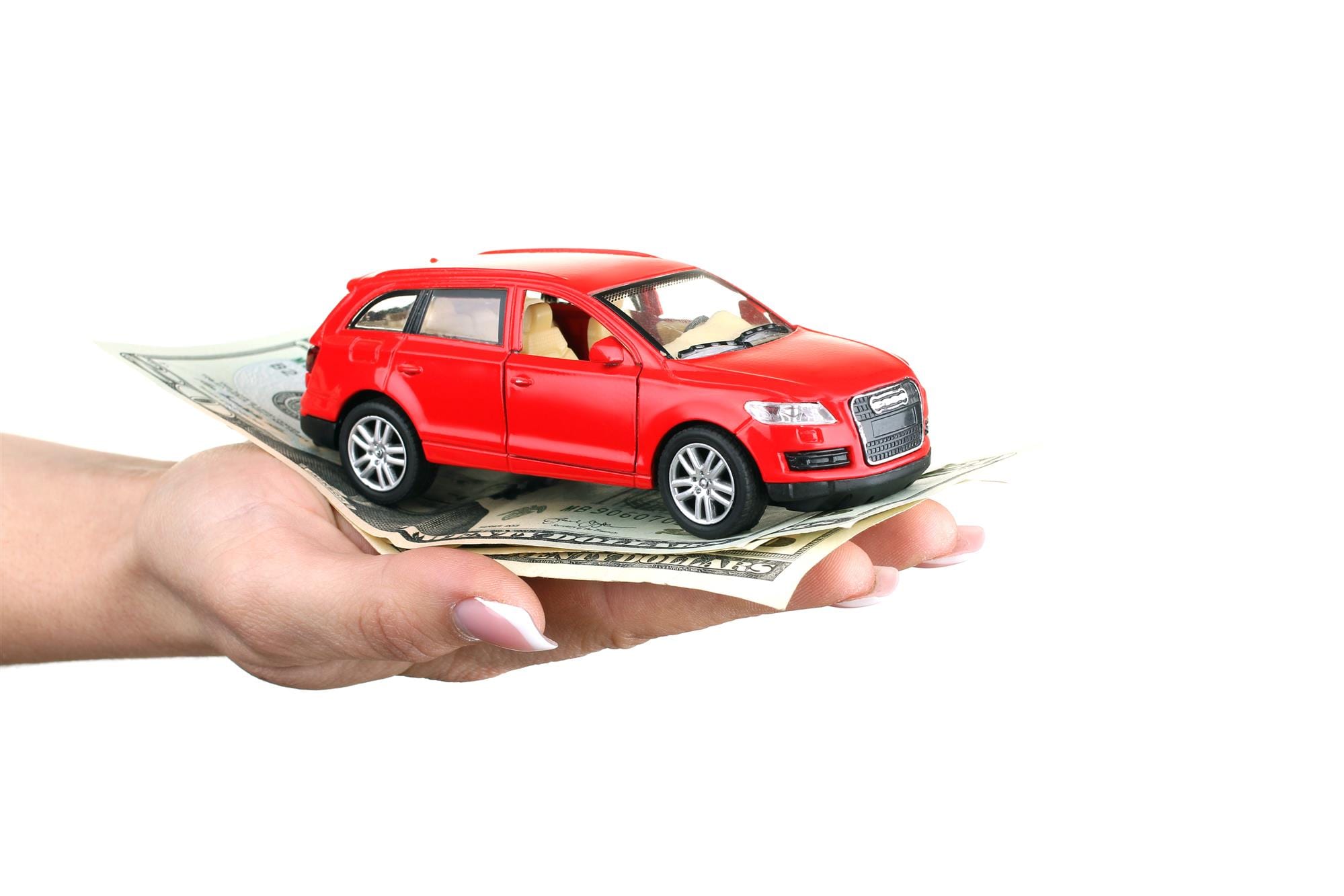
Refinancing a vehicle involves replacing your current car loan with a loan with different terms. With refinancing, you keep the car but request a new loan contract with a rate more suited to your financial situation.
Auto loan refinancing can be a great way for you to save money while keeping your vehicle, but it's important to understand the process and compare rates before applying.
If you have good credit - especially if your credit has improved since your first loan - refinancing is a good option. If you currently have bad interest rates due to dealer financing, you can enjoy higher interest rates even without good credit.
It's a good idea to refinance your car loan if you can get approved for a new loan at a more competitive rate. If your credit score improves after taking out your current loan, you may be able to save some money each month.
But it is important to consider where you are in the term of the loan. This may not be much help if you only have a few months left or if your credit score is the same as when you first applied for your current car loan.
Whether you're a prime or non-prime customer, you probably don't have to wait until the end of your term to qualify for a lower auto loan rate. Read on to learn more about your options and find out how you can save hundreds (or even thousands) of dollars with automatic refinancing.
Car buyers with non-preferred (or subprime) auto loans often find themselves in financial difficulty. Whether it is due to bad credit or a flawed credit history, they have higher interest rates on car loans. result?
Higher loan repayments lead to financial crisis.
If this is your situation, you may be able to refinance your car loan and catch your breath. But what does it look like and how does it help if you choose to refinance your vehicle?
Essentially, auto loan refinancing is like buying a car from scratch. However, there is no price negotiation because you already own the car and still have to pay the auto loan balance.
When you refinance your car loan, the lender determines your credit eligibility and evaluates your vehicle for financing. Once you're approved, the lender will issue a new finance agreement for the amount owed and then pay off your current car loan in full.
Just like the loan you currently have, you must qualify to refinance your car loan. Each lender has the same criteria, although the formula is slightly different.
Generally, you will need: